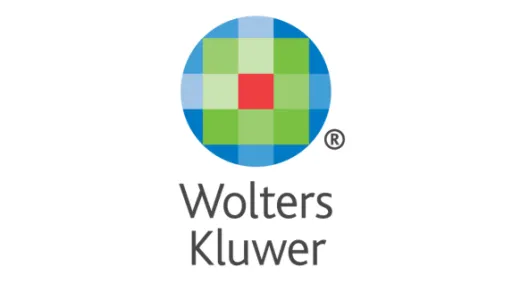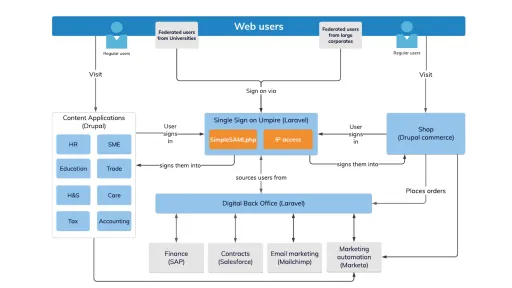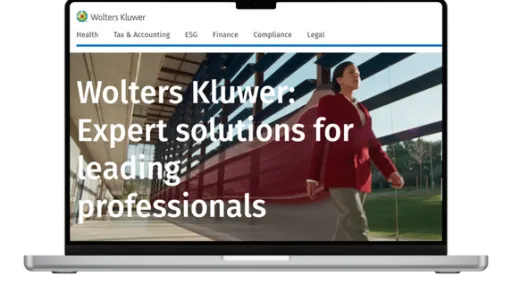Wolters Kluwer's goal was to simplify the customer journey in accessing their suite of products. They wanted to refresh their products into one technology platform and move to a model where their customers can access their products across multiple devices.
Wolters Kluwer owned a collection of platforms that supported their product portfolio and wished to create new products for their markets from their vast content base. They were specifically interested in entitlement, authentication and customer self-management.




